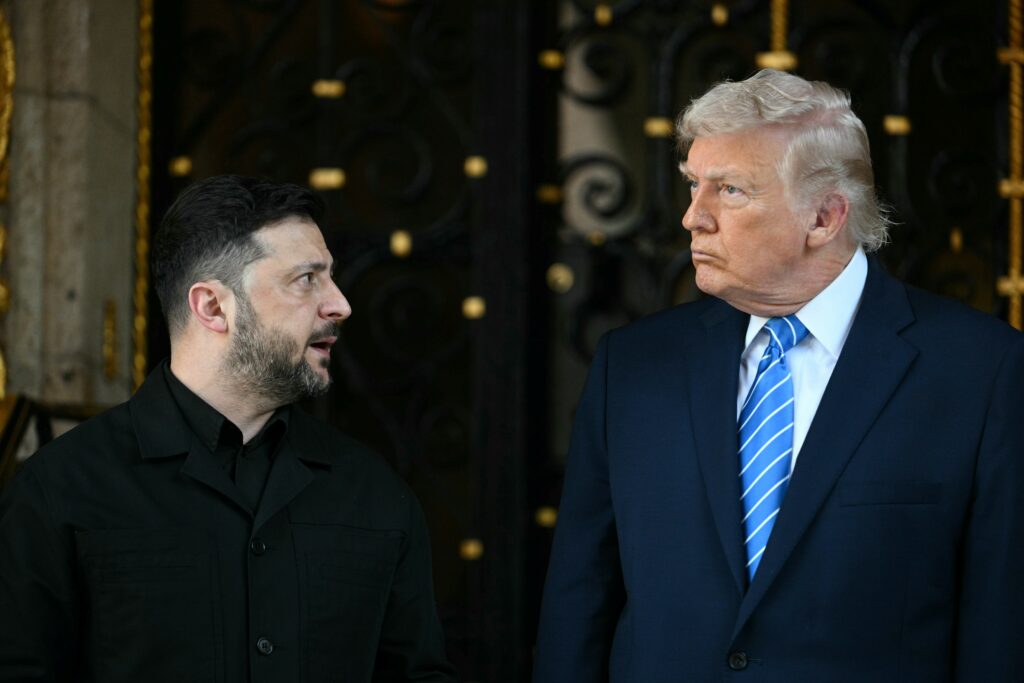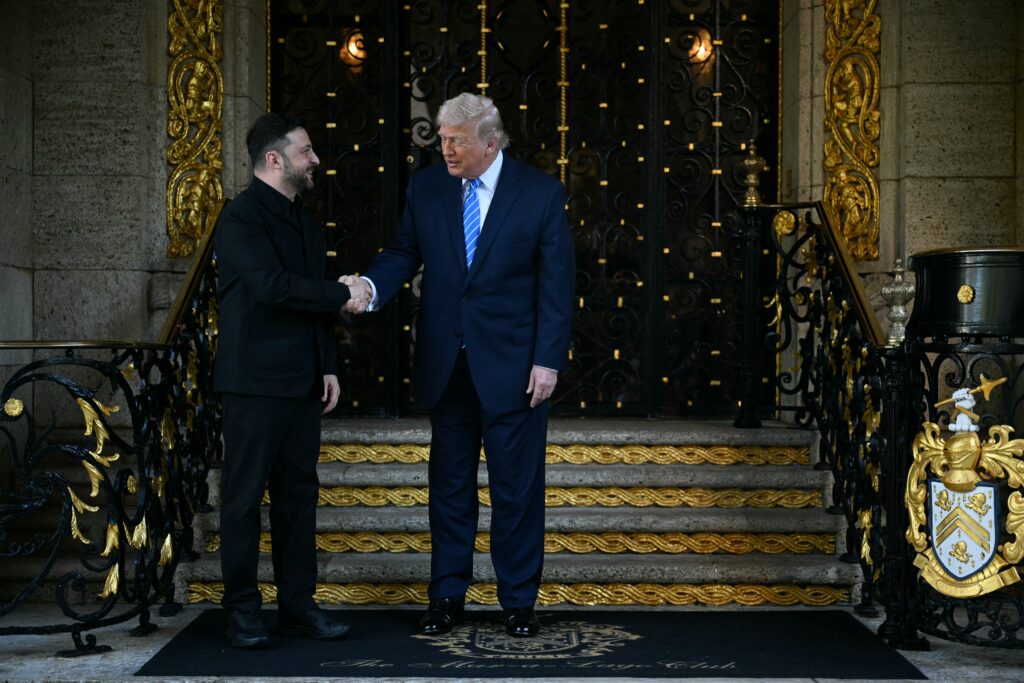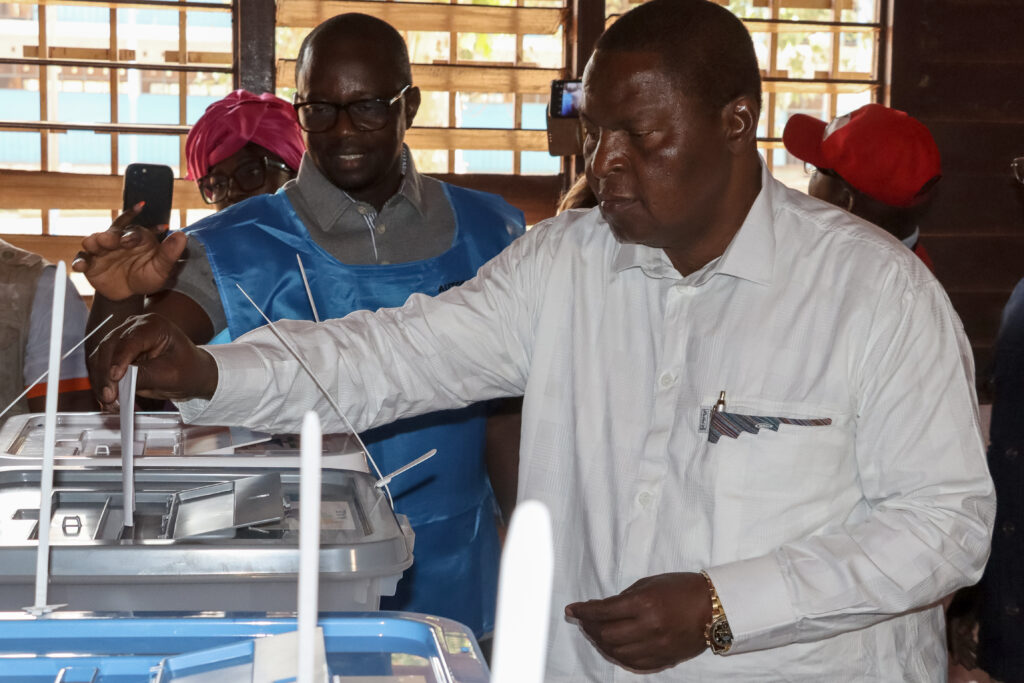CAN: l’Algérie de Riyad Mahrez au rendez-vous des huitièmes de finale
L’Algérie, emmenée par son capitaine de 34 ans Riyad Mahrez, s’est qualifiée pour les huitièmes de finale de la CAN, une première depuis 2019, en battant difficilement (1-0) le Burkina Faso dimanche soir à Rabat.Déjà double buteur face au Soudan lors du premier match (3-0), l’ailier droit d’Al-Ahli (Arabie saoudite) a de nouveau marqué sur pénalty, en ouvrant parfaitement son pied gauche pour tromper le gardien adverse Hervé Koffi. L’attaquant – sorti à l’heure de jeu – est actuellement le meilleur buteur de la compétition continentale avec trois buts. Grâce à son capitaine qui pourrait vivre les derniers mois de sa carrière internationale, l’Algérie revoit donc les huitièmes de finale de la CAN, qu’elle n’a plus vus depuis son sacre en 2019, après des éliminations prématurées lors de la phase de groupes en 2021 et en 2023. Malgré un match peu convaincant, les Fennecs ont assuré la première place du groupe E avant leur troisième match, mercredi contre la Guinée équatoriale, et sortent enfin de cette phase de poule.- Burkina-Soudan, match décisif -Les hommes de Vladimir Petkovic ont eu plusieurs occasions de doubler la mise, quand Mahrez a servi Mohamed Amoura sur sa gauche qui n’a pas assez ouvert son pied (45e+5), ou sur deux tentatives d’Ibrahim Maza (67e et 69e). Mais ils ont été peu efficaces et ont souffert parfois des offensives du Burkina.Dans les buts, le gardien Lucas Zidane a été moins en vue que lors du premier match, sous les yeux de sa famille dont son père Zinedine. Il a été plus brouillon dans ses relances mais a eu besoin de réaliser qu’un seul arrêt (90e+2). Il a enchainé une nouvelle “clean sheet”, voyant une frappe heurter son poteau droit (43e), le frôler (62e, 90e+1) ou passer juste au-dessus de sa barre transversale (80e).Seule mauvaise nouvelle pour l’Algérie, la perte du défenseur Jaoue Hadjam, sorti à la suite d’une blessure à une cheville.Sauvé à plusieurs reprises par Hervé Koffi, le Burkina devra attendre le match décisif face au Soudan (les deux équipes sont ex aequo avec trois points), également mercredi, pour espérer disputer les huitièmes de finale.







